DEPARTMENT OF PEDIATRICS

Departmental Objectives
List of Competencies to Acquire
Faculty Members of Pediatrics Department
| Photo | Name & Qualification | Designation | Date of Birth & Joining |
|---|---|---|---|
 |
Dr. Abu Sufian MBBS, DCH, MCPS, FCPS |
Associate Professor (C.C.) & Head | 01-12-1986 01-09-2016 |
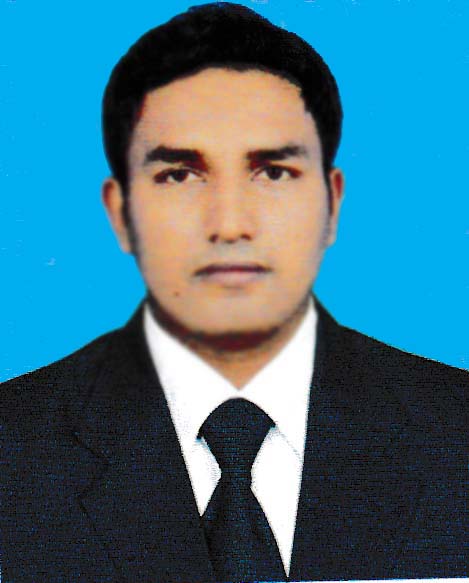 |
Dr. Abir Hossain MBBS, DCH |
Assistant Professor | 23-10-1990 01-01-2018 |
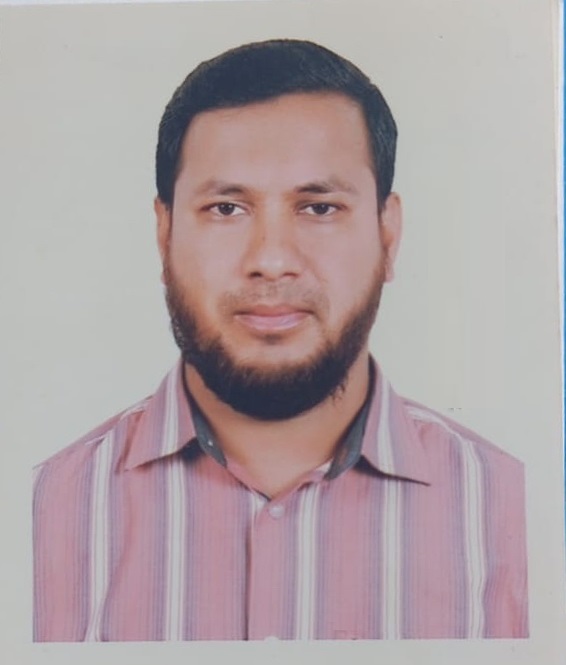 |
Dr. Muhammed Mizanur Rahman Bhuyan MBBS, MD (Paediatrics) |
Assistant Professor | 16-11-1986 18-08-2020 |
 |
Dr. Sharmin Sultana MBBS, Diploma in Child Health |
Assistant Professor | 20-06-1986 01-04-2023 |
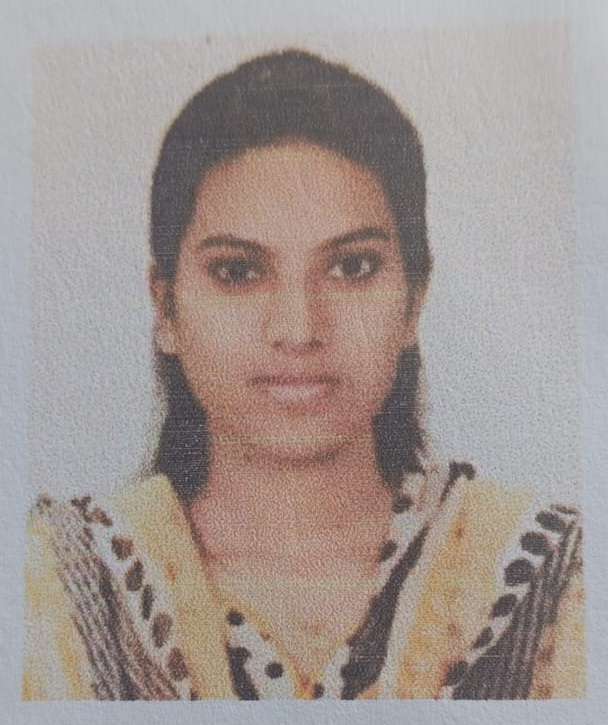 |
Dr. Momtaz Begum MBBS, MD (Paediatrics) |
Assistant Professor | 17-10-1987 14-10-2024 |
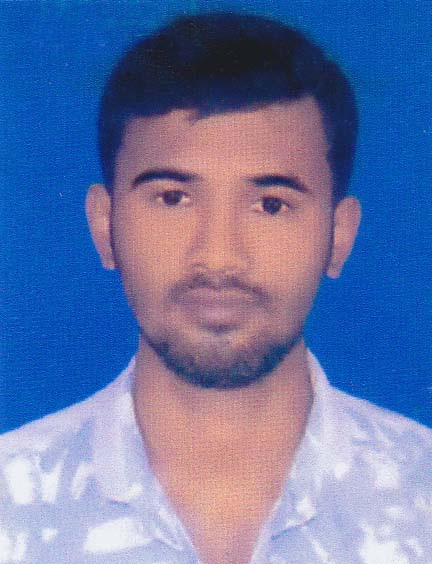 |
Dr. Sabuj Chandra Sarkar MBBS |
Assistant Registrar | 01-01-1994 18-07-2021 |
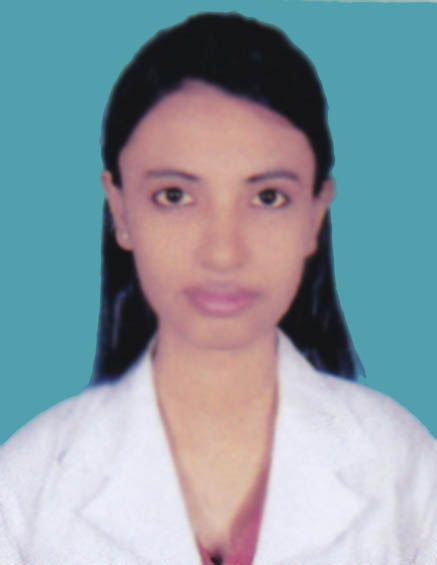 |
Dr. Rabeya Tasnim MBBS |
Assistant Registrar | 01-01-1994 18-07-2021 |
 |
Dr. Naima Rahman MBBS |
Assistant Registrar | 01-11-2022 |
 |
Dr. Rakesh Saha MBBS |
Assistant Registrar | 02-08-1996 01-01-2023 |
 |
Dr. Md. Yousuf Mozumder MBBS |
Assistant Registrar | 03-12-1999 16-10-2024 |
Academic Activities
Research Activities